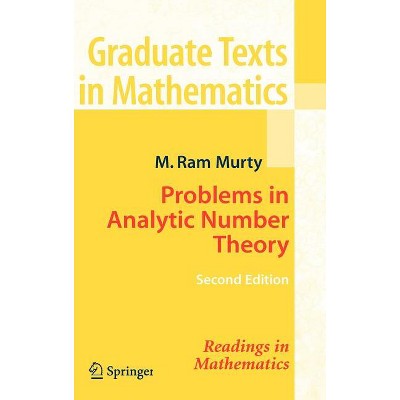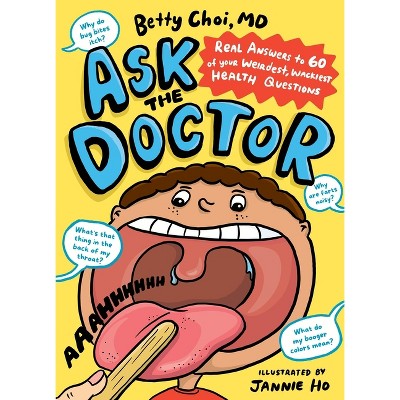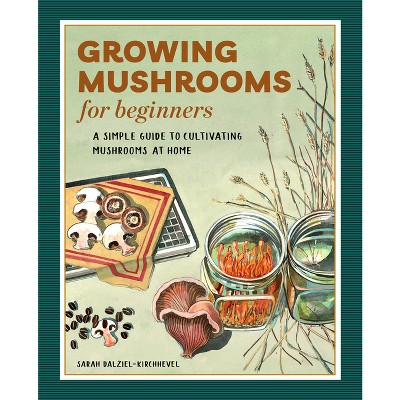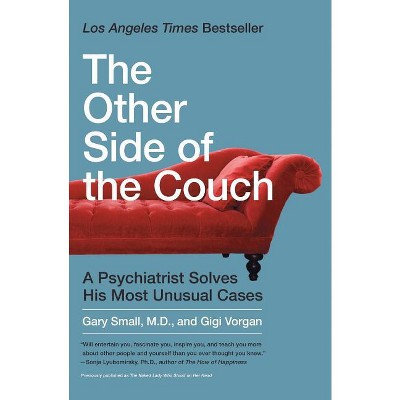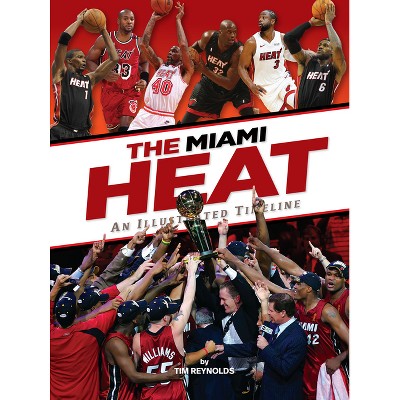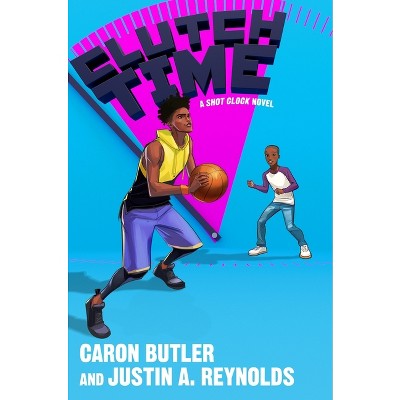Sponsored

Reading Practice - by Melissa Reynolds
$35.00
In Stock
Eligible for registries and wish lists
Sponsored
About this item
Highlights
- Through portraits of readers and their responses to texts, Reading Practice reconstructs the contours of the knowledge economy that shaped medicine and science in early modern England.
- About the Author: Melissa Reynolds is a Mellon Postdoctoral Fellow and a lecturer in the History and Sociology of Science Department at the University of Pennsylvania.
- 304 Pages
- Science, History
Description
About the Book
"Reading Practice tells the story of how ordinary English people grew comfortable learning from entirely mundane manuscripts and printed books, such as almanacs, medical recipe collections, and herbals. From the turn of the fifteenth century to the close of the sixteenth century, these were the books English people read when they wanted to attend to their health or understand their place in the universe. Before then, these works had largely been the purview of the monks or university clerics who could read Latin. Around 1400, however, medical and scientific texts became available in Middle English and became steadily less expensive. These "practical manuscripts" invited their readers into a very old and learned conversation: Hippocrates and Galen weren't distant authorities whose word was law, they were trusted guides, whose advice could be excerpted, rearranged, recombined, and even altered when it suited a manuscript compiler or printer's needs. Without the weight of authority conditioning their reactions and responses to very old knowledge, English readers grew confident assessing and critiquing it, inserting their voices alongside the ancients in the margins of fifteenth-century manuscripts. By reconstructing their shifting attitudes toward medicine and science over two centuries of seismic change within English culture, attending especially to the effects of the Reformation on attitudes toward nature and the human body, Melissa Reynolds shows that English readers learned to be discerning and selective consumers of knowledge gradually, in everyday interactions with run-of-the-mill books"--Book Synopsis
Through portraits of readers and their responses to texts, Reading Practice reconstructs the contours of the knowledge economy that shaped medicine and science in early modern England. Reading Practice tells the story of how ordinary people grew comfortable learning from commonplace manuscripts and printed books, such as almanacs, medical recipe collections, and herbals. From the turn of the fifteenth century to the close of the sixteenth century, these were the books English people read when they wanted to attend to their health or understand their place in the universe. Before then, these works had largely been the purview of those who could read Latin. Around 1400, however, medical and scientific texts became available in Middle English while manuscripts became less expensive. These vernacular manuscripts invited their readers into a very old and learned conversation: Hippocrates and Galen weren't distant authorities whose word was law, they were trusted guides, whose advice could be excerpted, rearranged, recombined, and even altered to suit a manuscript compiler's needs. This conversation continued even after the printing press arrived in England in 1476. Printers mined manuscripts for medical and scientific texts that they would publish throughout the sixteenth century, though the pressures of a commercial printing market encouraged printers to package these old texts in new ways. Without the weight of authority conditioning their reactions and responses to very old knowledge, and with so many editions of practical books to choose from, English readers grew into confident critics and purveyors of natural knowledge in their own right. Melissa Reynolds reconstructs shifting attitudes toward medicine and science over two centuries of seismic change within English culture, attending especially to the effects of the Reformation on attitudes toward nature and the human body. Her study shows how readers learned to be discerning and selective consumers of knowledge gradually, through everyday interactions with utilitarian books.Review Quotes
"Reading Practice adds a new dimension to ongoing scholarly efforts to reframe the early modern history of science and medicine by focusing attention on places, people, and contributions long peripheral to the traditional narrative of these developments. . . . An essential text for scholars of the early modern history of science and medicine."-- "Renaissance and Reformation"
"Reading Practice is rigorously researched, conceptually innovative and beautifully written. It will become essential reading for historians of knowledge, book historians and all those interested in the transmission of scientific and practical understanding across the manuscript and print divide."-- "British Journal for the History of Science"
"What makes Reynolds's account . . . so compelling is the depth and precision of her bibliographic research. A leaf litter of print and manuscript sources is meticulously sifted, yielding colorful vignettes." -- "Times Literary Supplement"
"Vivid and precise, Reading Practice should be read by those interested in the history of the book, the history of science, and anyone who has ever consulted Dr. Google (which, let's be honest, is probably everyone). In addition to centering the reading practices of ordinary people, Reading Practice also does a fabulous job explaining exactly what it looks like and takes to work with medieval manuscripts and early printed texts, making it perfect reading for graduate students and those heading into library research."-- "New Books Network"
"Anyone interested in the history of books, and especially those who study the history and philosophy of science and medicine, should take note of this important new book." -- "The Well-Read Naturalist"
"Highly recommended." -- "World History Encyclopedia"
"Highly recommended." -- "Choice"
"Drawing upon middle English almanacs, prognostications, charms, medical and household recipes, and guides to daily prayer, Reading Practice upends a narrative that views practical guides and written recipes as the self-evident outcome of hands-on experience. Reynolds argues instead that, from the 1400s to the 1600s, English readers came to appreciate natural knowledge and experience through engaging with words and texts, not through work in the kitchen and workshop. Reynolds insightfully picks her way through the tumultuous advent of Reformation, the spread of printing, burgeoning lay literacy, and expanding markets to tell a complex story about the often-counterintuitive interplay between words and experience, natural and divine, manuscripts and print, and new and old knowledge in early modern England."--Pamela H. Smith, author of From Lived Experience to the Written Word
"Reynolds vividly reconstructs the experiences of ordinary men and women as they accessed and used these texts in manuscript and in print. She deftly illuminates their skills in navigating the sales pitches of competing printers and in inserting their own voices into a long tradition of blending textual authorities and direct experience."--Ann Blair, author of Too Much to Know
About the Author
Melissa Reynolds is a Mellon Postdoctoral Fellow and a lecturer in the History and Sociology of Science Department at the University of Pennsylvania. This fall, she will join the faculty at Texas Christian University as assistant professor of early modern European history.Dimensions (Overall): 9.0 Inches (H) x 6.0 Inches (W) x .72 Inches (D)
Weight: 1.04 Pounds
Suggested Age: 22 Years and Up
Number of Pages: 304
Genre: Science
Sub-Genre: History
Publisher: University of Chicago Press
Format: Paperback
Author: Melissa Reynolds
Language: English
Street Date: August 19, 2024
TCIN: 1006101050
UPC: 9780226834894
Item Number (DPCI): 247-50-1250
Origin: Made in the USA or Imported
If the item details aren’t accurate or complete, we want to know about it.
Shipping details
Estimated ship dimensions: 0.72 inches length x 6 inches width x 9 inches height
Estimated ship weight: 1.04 pounds
We regret that this item cannot be shipped to PO Boxes.
This item cannot be shipped to the following locations: American Samoa (see also separate entry under AS), Guam (see also separate entry under GU), Northern Mariana Islands, Puerto Rico (see also separate entry under PR), United States Minor Outlying Islands, Virgin Islands, U.S., APO/FPO
Return details
This item can be returned to any Target store or Target.com.
This item must be returned within 90 days of the date it was purchased in store, shipped, delivered by a Shipt shopper, or made ready for pickup.
See the return policy for complete information.
Trending Non-Fiction


Discover more options
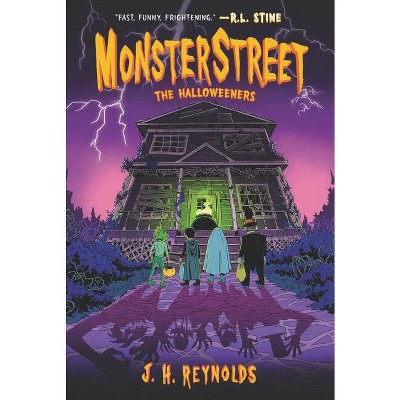
$5.99 - $16.89
MSRP $9.99 - $16.99
5 out of 5 stars with 1 ratings
